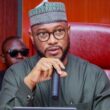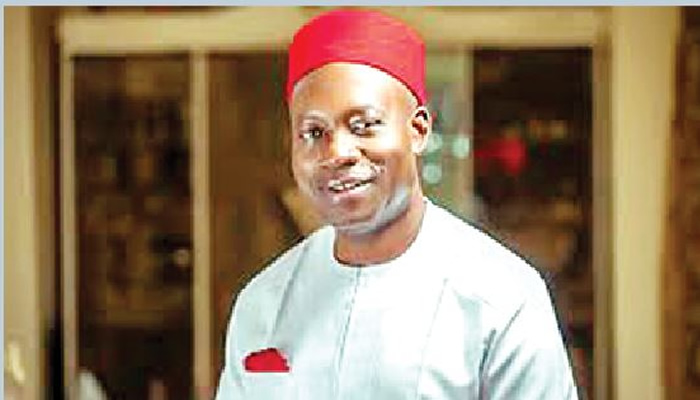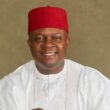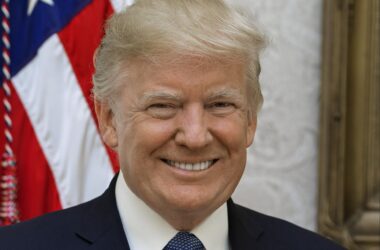Human rights activist Mr. Martins Nwabueze has urged Anambra State Governor Chukwuma Soludo to stop targeting native doctors in his administration’s fight against crime. Nwabueze, who is the founder of Tilova for Africa, a charity and equal rights group based in the United States, noted that the governor’s approach is unfair and discriminatory.
Nwabueze criticized Soludo’s demand that native doctors prove the ailments they cure before being recognized as legitimate practitioners. He pointed out that many native doctors are herbalists, but not all of them practice traditional medicine in the same way. He noted that traditional medicine, like modern medicine, has different specialties, and each practitioner should be assessed based on their specific field.
“In traditional Igbo society, a native doctor may not necessarily be a herbalist or a traditional medicine practitioner. It is this misunderstanding that leads Soludo to insist that a ‘dibia’ must prove what diseases he cures to be considered genuine,” Nwabueze explained.
He further clarified that not all native doctors focus on healing physical ailments. Some specialize in divination (Igba afa), spiritual consultations (Ilu agwu), and other non-medical practices.
Nwabueze questioned how the government determines who is a genuine practitioner and who is a fraud. He stressed that arrests should be based on solid evidence rather than religious identity.
“Anybody linked to crimes should be arrested and prosecuted based on evidence, regardless of their religious beliefs or social affiliations,” he said.
He also criticized what he described as selective enforcement, arguing that pastors involved in questionable activities are not treated with the same level of scrutiny as native doctors.
“Is Soludo going to gather his own ‘dibia’ and stage a contest between their powers, like the biblical story of Pharaoh and Moses? And why are some pastors not in custody pending investigations to determine which are quacks?” he asked.










